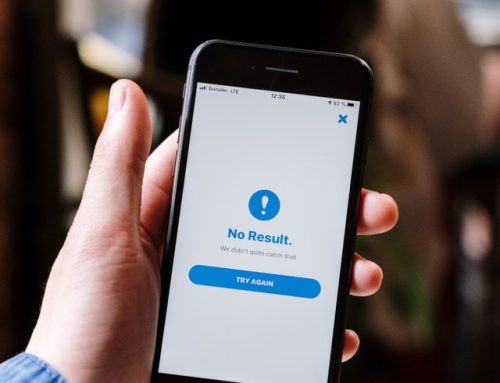I reprint here the most recent post from my Psychology Today “Thin From Within” blog:
In a true sign of our times, binge eaters have shown up significantly in the pages of several novels I’ve read this year. In one fine example, The Middlesteins, by Jami Attenberg, the powerful, overeating protagonist affects the lives of family and friends in far-reaching ways. In the end, one character comprehends how “….food is a wonderful place to hide.”
For many, starting in childhood or beyond, food becomes a source of solace and a companion–not only in hard times, but at the end of even normally stressful days. It’s something to look forward to, something that’s reliably there. This powerful emotional bond may be fully conscious, or not. When it exists, as it does for many who overeat, it’s no wonder that the diet of the moment won’t work, or that new regimes don’t last. In the lists of which foods to eat and avoid, dealing with the loss of this sanctuary gets missed, and the cycle of dieting and overeating resumes.
As with any significant change, the first step in breaking this cycle is awareness. Hannah, for example, a busy accountant by day, began by asking herself, “Am I bored or lonely?” when drawn at night toward ice cream bars, chips-and-dip, and other packaged snacks. This wasn’t the end of the road, by any means, but it started her on the path to making different choices some of the time, and consuming somewhat less at others. These new experiences allowed her to begin adjusting to life without this particular refuge.
For Catherine, who at 58 had been on at least as many diets, even noticing the behavior took effort. She’d find herself with cookies or M&M’s, not always sure how or when she’d fetched them. Similarly, Mark, a nurse who worked hard to prepare healthy meals each day, often found himself leaving mini marts with sweets he hadn’t even registered buying. In these cases, efforts to stay aware and to notice come first.
Tools exist to aid in the process of boosting awareness—food logs, for example. Tools exist to aid in riding through emotions like boredom or loneliness—mindfulness, stress management, journaling, etc. These tools can all help the complicated process of change. How much more effective would all weight management efforts be, though, if we all understood that food may well soothe, keep company—or offer a “place to hide”.
The newest diet book or plan won’t ever work without acknowledging how it will feel to lose that place, even if it does manage to stem hunger. People sometimes describe quitting smoking as losing a friend. A similar mindset, brought to diet, could only help. No one expects quitting smoking to be easy, no matter what the advice or strategy followed. But the spate of diet books and articles we face, daily, seems to suggest that all we need to do is eat this way, or that. Problem solved. Asking how it will be to lose that friend seems a much better starting point for many diet resolutions.
(See also When Food is Your Sanctuary)



